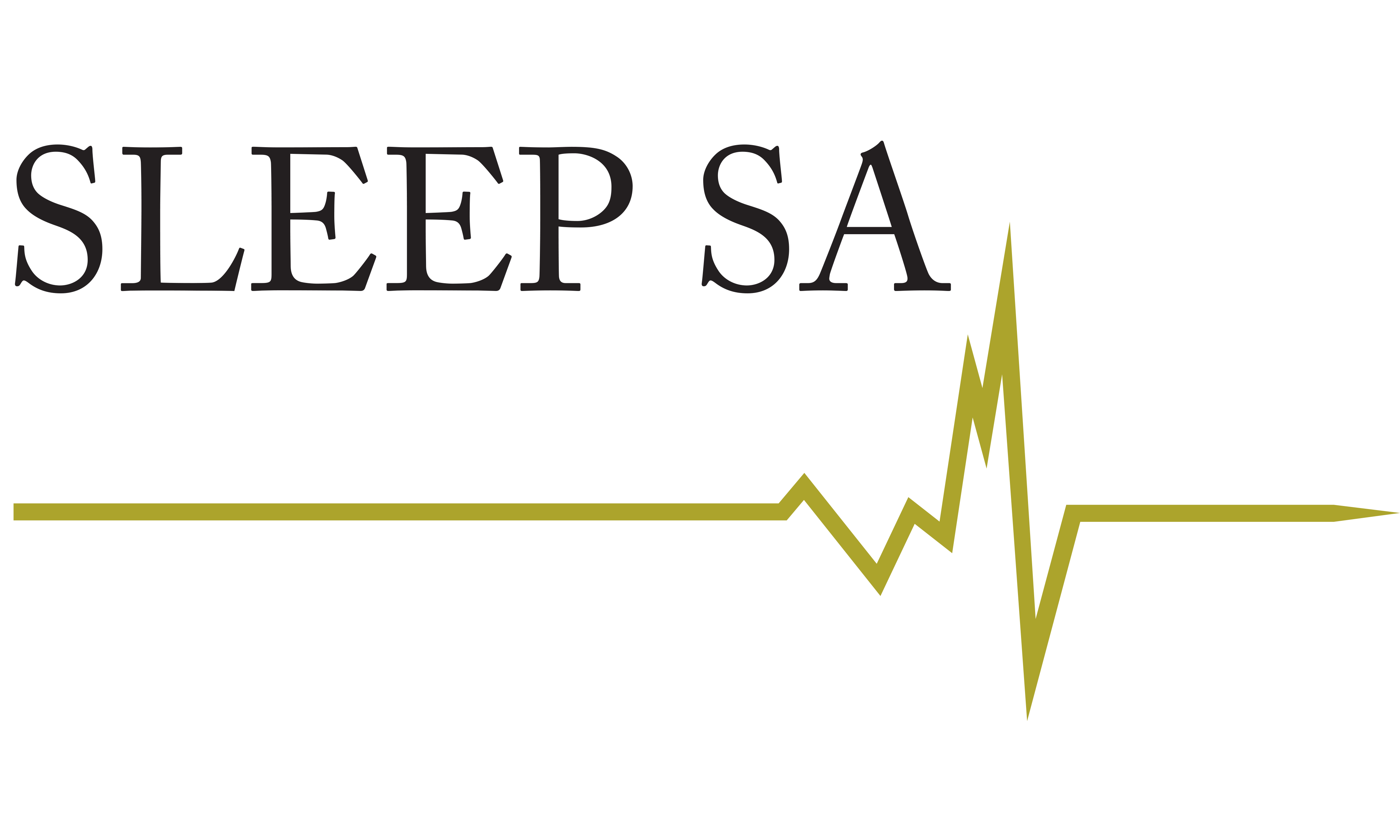What is OSA?
Obstructive Sleep Apnoea (OSA) is a serious and potentially life threatening condition characterised by:
- Repetitive pauses in breathing during sleep due to collapse of the upper airway
- Usually accompanied by a reduction in oxygen levels in the blood
- Followed by an awakening in an attempt to breathe

Causes of OSA
Obstruction of the upper airway occurs when the muscles of the upper airway (including the tongue and soft palate) become too relaxed, either narrowing significantly, or completely blocking the airway, and preventing breathing. This leads to snoring and breathing difficulties. Breathing often stops for more than 10 seconds. The brain then reacts to stopping breathing, and alerts the body to wake up or move to a lighter level of sleep. In most cases, the sufferer will be unaware of this. However, as this can happen several hundred times during the night, it is enough to fragment sleep, causing the sufferer to feel sleepy and lethargic the next day.
Symptoms of OSA
- Choking or gasping during sleep
- Loud, repetitive snoring
- Recurrent awakenings overnight
- Unrefreshing sleep
- Excessive daytime sleepiness
- Impaired concentration
Early recognition and treatment of sleep apnoea is critical because it may be associated with excessive sleepiness. This, in turn, may cause significantly reduced quality of life, increased risk for workplace accidents or car accidents, or increased risk for other medical conditions, including irregular heartbeat, high blood pressure, heart attack, and stroke.
Sleep disorders are treatable, and your doctor can evaluate your sleep problems and may refer you to a sleep specialist. You may also be referred to Sleep SA for a sleep study to diagnose any sleep disorders.
When a patient undertakes a comprehensive home-based sleep monitoring study, the following functions are monitored and recorded:
- Breathing
- Oxygen levels
- Brain activity
- Cardiac activity
- Body movements
When the sleep study is completed, the results are analysed according to complex criteria, and these taken together will indicate a diagnosis. Our in-house Respiratory and Sleep Physician provides a clinical diagnosis and recommendations for treatment options.
If you believe that you have a sleep disorder such as OSA, make an appointment to see your General Practitioner, who may refer you to Sleep SA for a sleep study.
If you’re unsure, you can take the quiz to find out if you are likely to have OSA.
